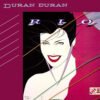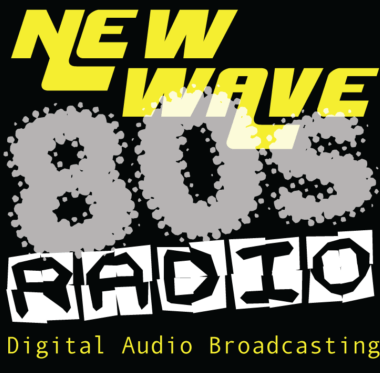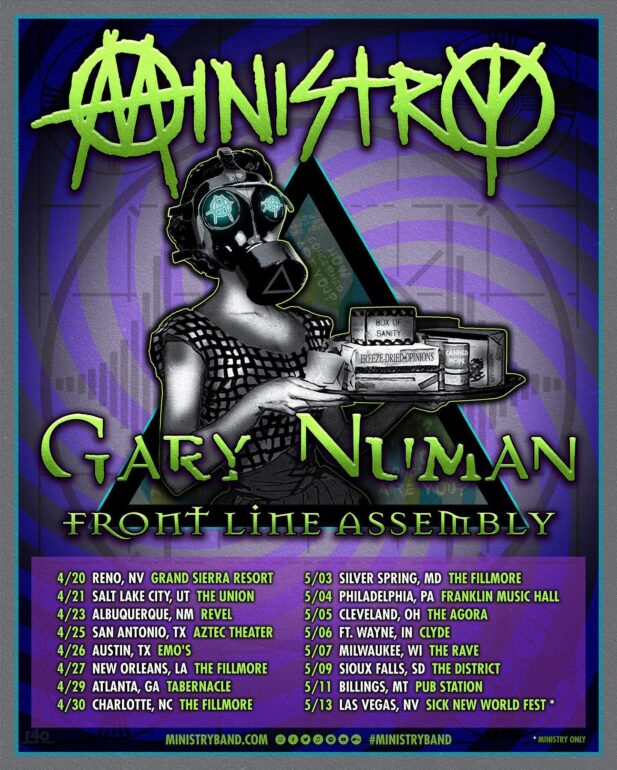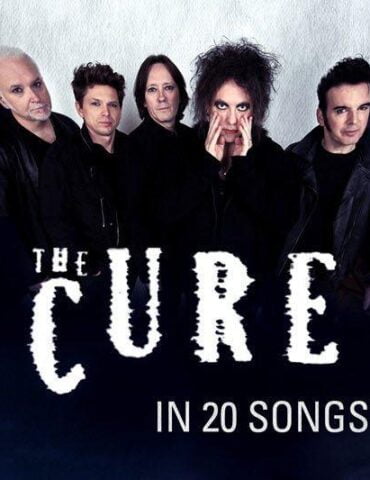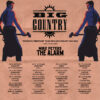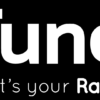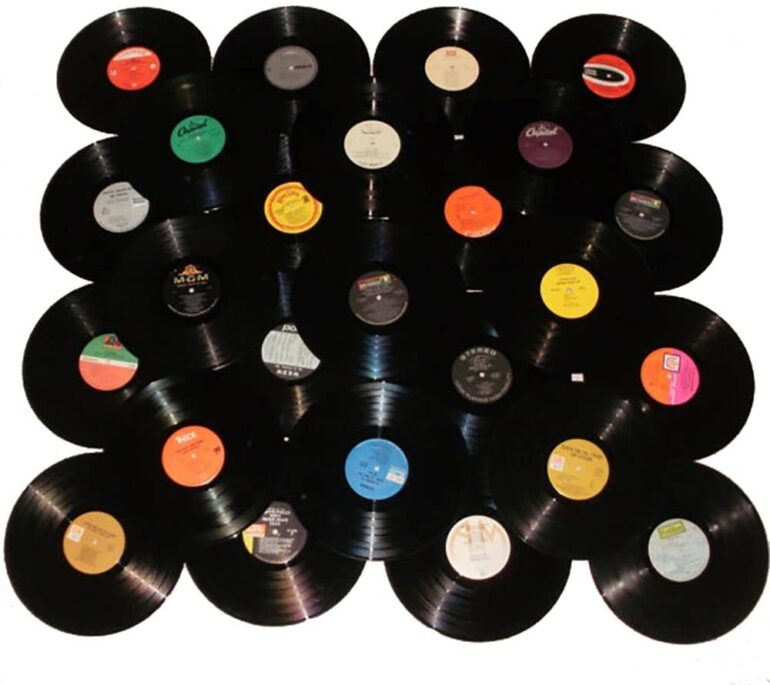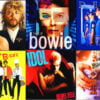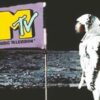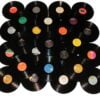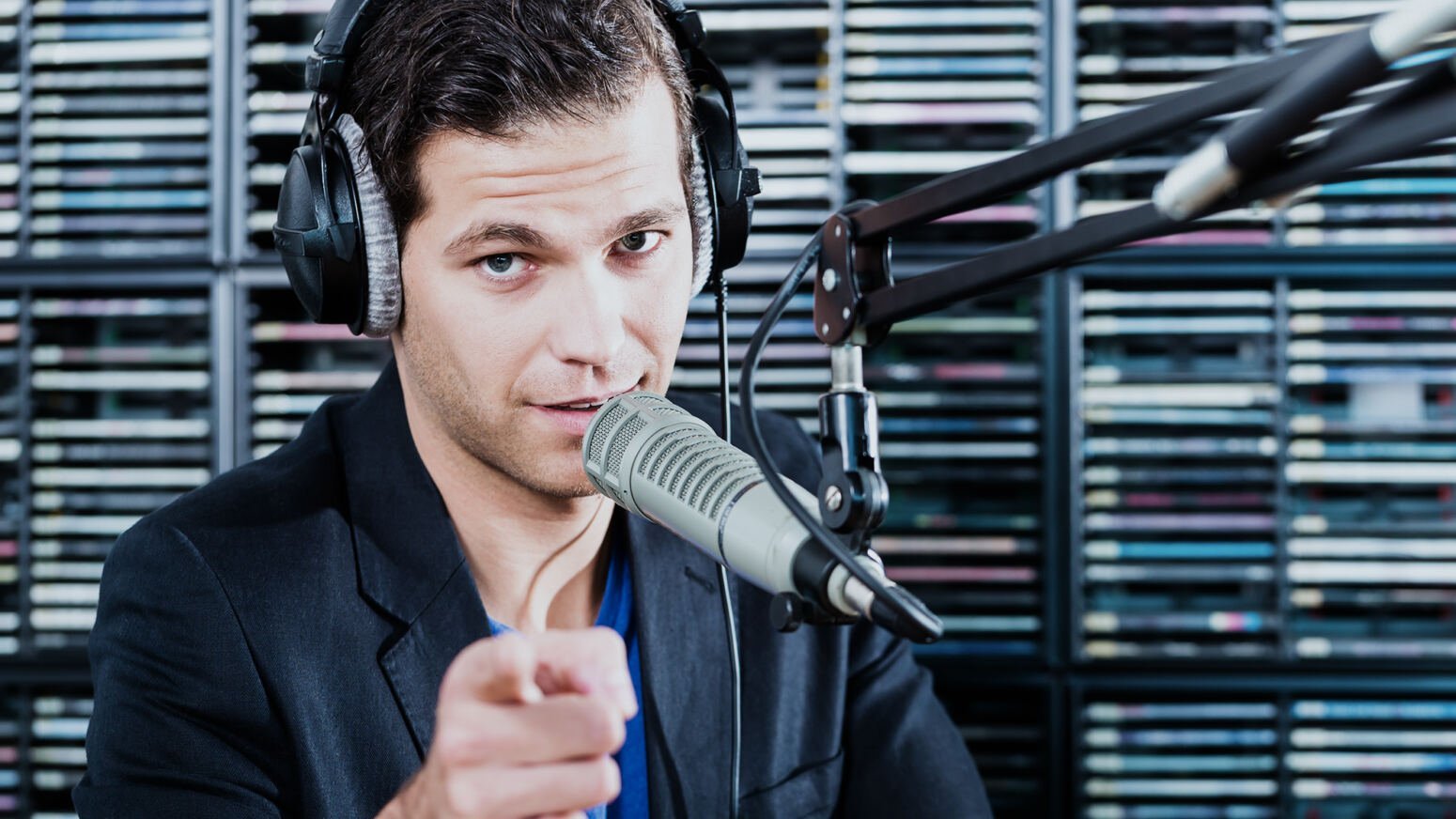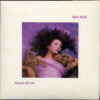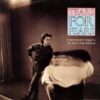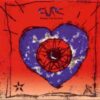-
play_arrow
New Wave Radio Live New Wave Radio Live
-
 play_arrow
play_arrowRio – Duran Duran admin
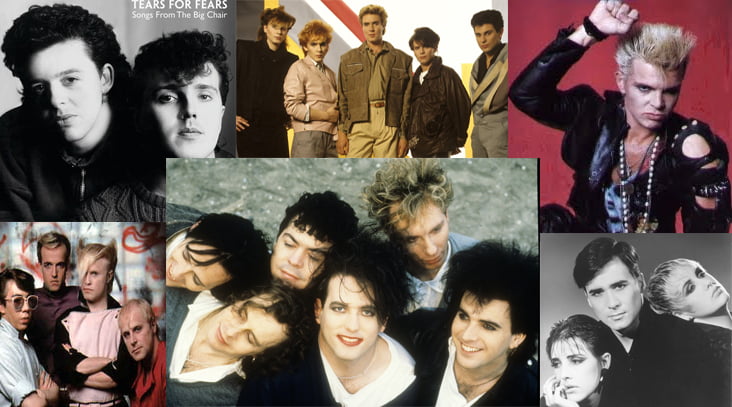
New Wave 80s Bands
A fresh and experimental approach to music characterized the New Wave music genre in the 1980s. Many bands emerged during this era, blending punk, electronic, and pop music elements. Here are some notable New Wave bands from the 80s:
- Depeche Mode: Known for their electronic sound and hits like “Just Can’t Get Enough” and “Personal Jesus.”
- New Order: Formed after the demise of Joy Division, New Order combined post-punk with electronic elements. “Blue Monday” is one of their iconic tracks.
- Duran Duran: is famous for its glamorous image and catchy tunes like “Hungry Like the Wolf” and “Rio.”
- The Cure: Their music ranged from post-punk to gothic rock. Hits include “Just Like Heaven” and “Lovesong.”
- The Human League: Synth-pop pioneers with hits like “Don’t You Want Me” and “Human.”
- Blondie: Fronted by Debbie Harry, Blondie had a mix of punk, disco, and New Wave influences. “Heart of Glass” and “Call Me” are some of their popular songs.
- Talking Heads: Known for their quirky and intellectual approach, hits include “Once in a Lifetime” and “Burning Down the House.”
- Tears for Fears: Their anthemic songs like “Shout” and “Everybody Wants to Rule the World” are New Wave classics.
- A-ha: Norwegian band known for their synth-pop sound, especially “Take On Me.”
- Pet Shop Boys: Electro-pop duo with hits like “West End Girls” and “It’s a Sin.”
These are just a few examples, and there were many more influential New Wave bands during the 1980s. Each brought a unique sound to the era, contributing to the diversity of the New Wave genre.
#newwaveradio #newwavemusic New Wave Music History – New wave music is a broad subgenre of rock ‘n’ roll that combines elements of punk rock, mainstream pop music, art rock, synth pop, funk, and reggae. New wave bands largely emerged during the punk and post-punk eras of the late 1970s and early 1980s, but their influence prevailed throughout many decades of pop rock.
https://www.masterclass.com/articles/new-wave-music-guide
New wave is a genre of music that encompasses pop-oriented styles from the late 1970s and the 1980s. It is considered a lighter and more melodic “broadening of punk culture” that usually includes the use of synthesizers.It was originally used as a catch-all for the various styles of music that emerged after punk rock, including punk itself. Later, critical consensus favored “new wave” as an umbrella term involving many popular music styles of the era, including power pop, synth-pop, alternative dance, and specific forms of punk rock that were less abrasive. It may also be viewed as a more accessible counterpart of post-punk.
https://en.wikipedia.org/wiki/New_wave_music
New wave emerged onto the music scene in the late 1970’s as a subset of rock music. It was a term coined by music critics to refer to bands who were new on the scene and not quite creating punk rock, but still possessed the individuality and irreverence of bands in that genre. By the end of the 1970’s new wave was the standard term for bands emerging in the underground rock scene in the UK.
In the states, radio stations and venues began using the term new wave thinking that using punk rock would effect sales. Some of the first bands to play CBGB in New York under the classification of new wave included The Talking Heads and Blondie.
In other countries, like Germany, the music was becoming more reliant on synthesizers, creating a sub-genre called Krautrock, which would eventually have a large impact on the music created under the genre new wave.
The first new wave song to chart in the US was “Cars” by Gary Numan in 1980. It popularized synthesizer dance music and also created the sub-genre of synth pop.
As a result of its success, new wave began to be used to classify countless acts in the early 1980’s, sprung on by the success of MTV and popular films. Bands like Duran Duran, Billy Idol, Depeche Mode, The Cars and more dominated television and radio.
Part of new wave’s success was that unlike its predecessor, punk, it had no political ties. It was fun, romantic, vivacious music which was easy to dance to and appealed to the youth of the time. Much like punk, there was a visual style that often accompanied new wave artists’ music.
https://www.rockinflux.com/news/2019/5/9/the-history-of-new-wave-and-why-we-love-it
Written by: admin
80s Music New Wave Music New Wave Radio
Similar posts
Recent Posts
Featured post

Latest posts
Current show
 more_vert
more_vert12 ” Inch Imports
12:00 am - 8:00 am
12 ” Inch Imports
Mixed by Sporto
The 12" twelve-inch Imports New Wave Radio Show Featuring the First in extended 12" extended edits in New Wave Music!
closeUpcoming shows

New Wave One-Hit Wonders
3:00 am - 7:00 pm

New Wave Music and MTV
7:00 am - 12:00 am

12 ” Inch Imports
Mixed by Sporto
12:00 am - 6:00 am
New Wave Music Song Requests of the Week…
New Wave Radio Song Request
6:00 am - 10:00 am
12″ Rare & Deep 80’s Tracks
Presented by New Wave Radio
10:00 am - 11:00 pmChart
Digital Broadcasting Network 2017 Copyright New Wave 80s Music Radio
